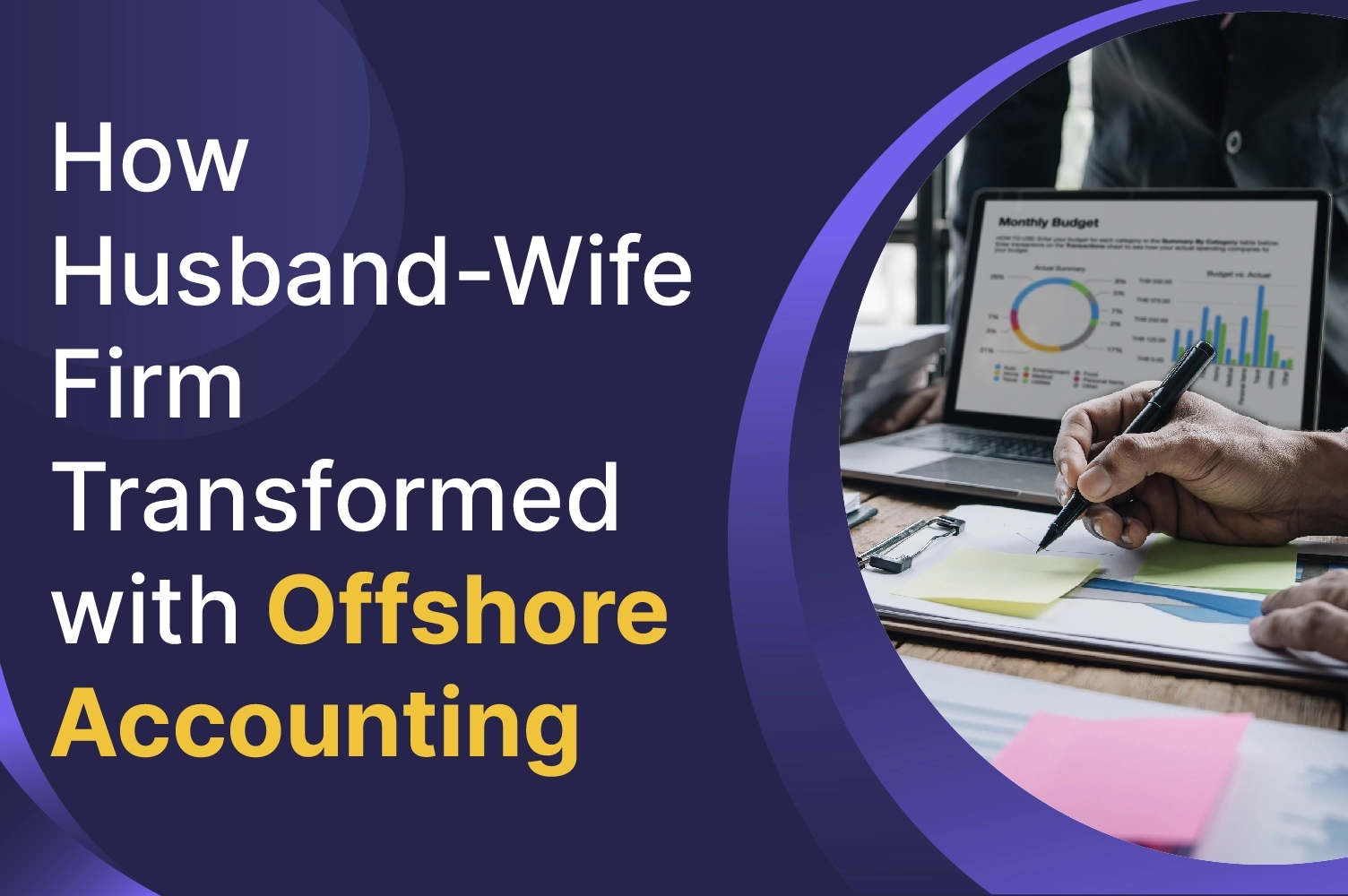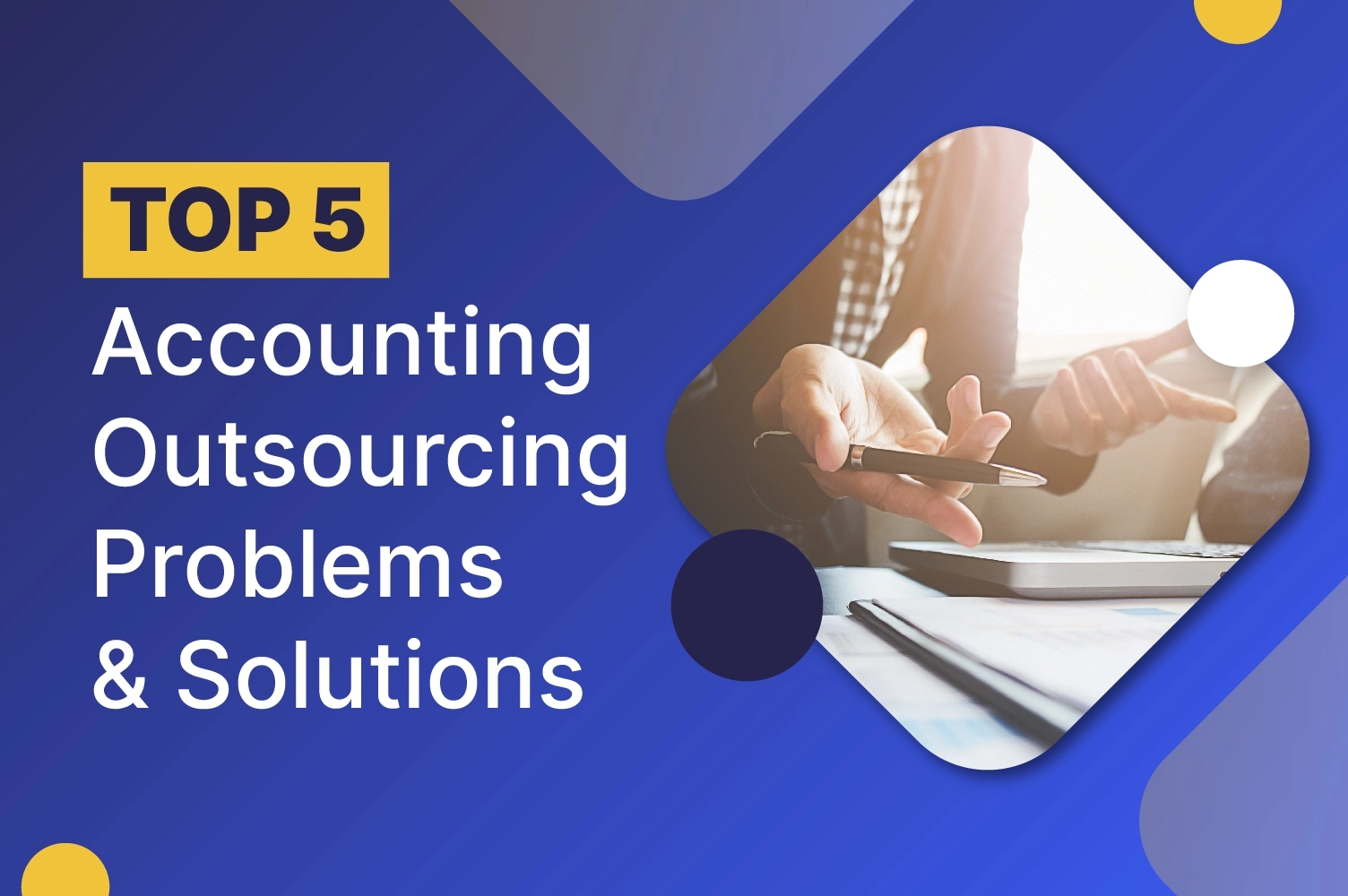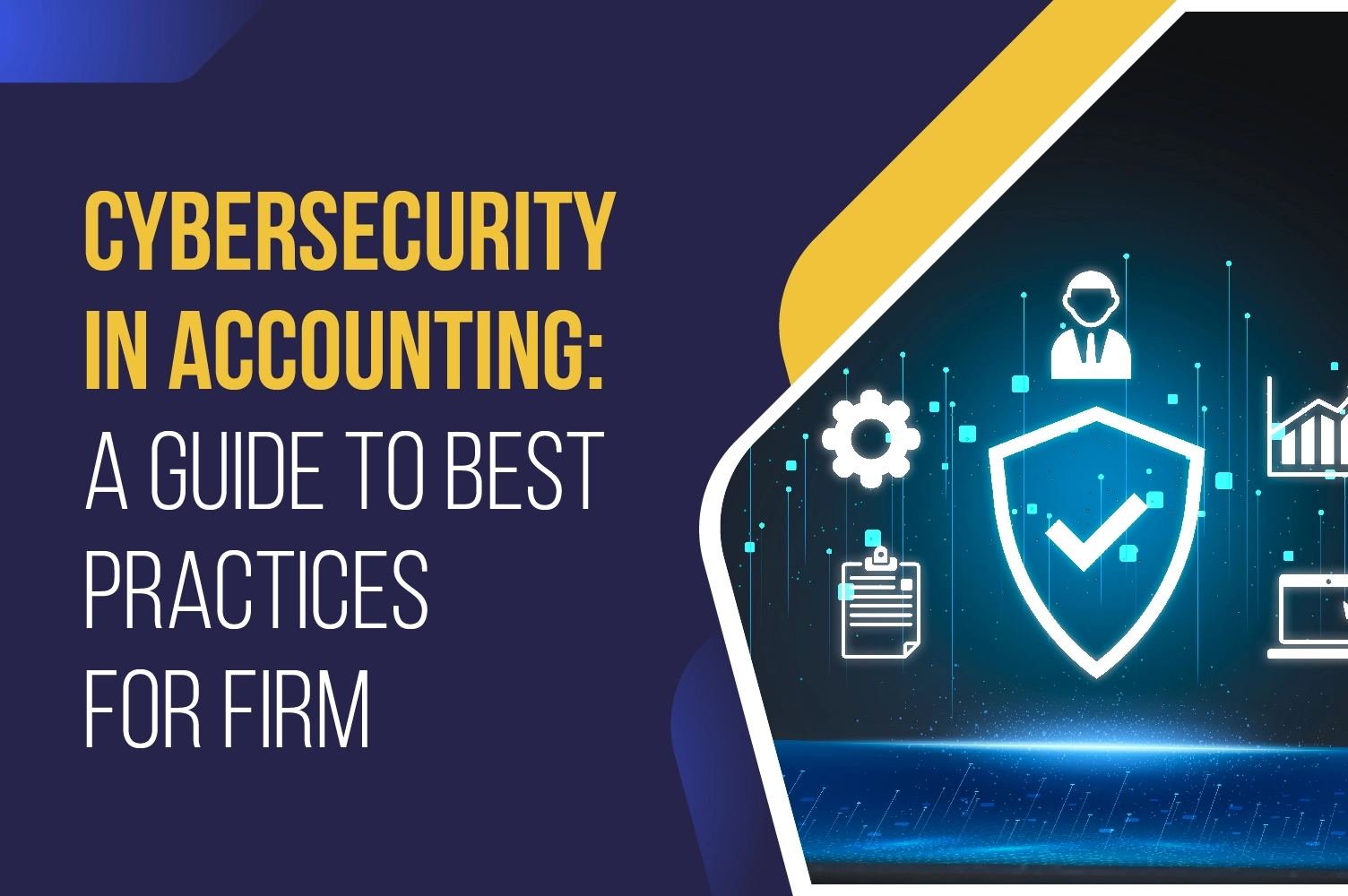Cyber Security for Accountants: 6 Ways to Avoid Being a Target
Infrastructure and Security in Remote Staffing for Accounting Firms
Quite a majority of small and mid-sized accounting business firms in the US face critical challenges in implementing and maintaining safety and security for all the confidential business data of all their clients. With the advent of inter-connectivity through mediums other than computers, all such business data is far more vulnerable to attacks and breaches from the cyber-world from unknown locations and identities than ever before.
Today, there are more incidences of data theft, identity theft, corporate sabotage, etc. by hackers and attackers actively looking for lapses in digital security such as loopholes, backdoor vulnerabilities, leniency of people when creating and using passwords among many other such issues. Accountants today need to be more aware and proactive in planning, deploying, and upgrading all implemented hardware and software in their information management systems. Intercepting, Planning, and Managing cyber-security risks is not just limited to having the most expensive and powerful firewall or security software for blocking all attempts of hacking your data.
It begins with having the right hardware and software, Ironclad rules and standards for digital as well as real world, backed by stringent controlling and monitoring measures and their enforcement, and periodical revision, updating and upgrading of all implemented rules and systems thereof. Let us see, the means and measures necessary to follow and implement for having a reliable information systems in your accounting firm.
How to Improve Your Cyber Security?
To begin with, we need to understand the fundamentals of how digital information resides in your desktops, servers, or even cloud storage spaces, and how anyone unauthorized can access it. All digital data resides on some form of storage; it could be in a hard disk in your laptop or desktop, or either device is configured to store data on a local data server or on a remote, online data storage service like Google Drive, Dropbox, etc. With each option, there is some form of user login using ID and passwords.
Login Credentials: Passwords and Authentication
This is the first step to address, which goes a long way in ensuring your data stays safe and secure, and accessible only by you and those persons you have granted authority for accessing it. Just as a chain is as strong as its weakest link, all the aforementioned systems are secure and reliable only as much as the credentials of those users granted access to it. The stronger the passwords users have created, the lesser the odds of any hacker gaining access to the data. Consider it the first step in implementing cyber security in your accounting firm.
Secure Networks: Intrusion & Defenses
To ensure that no data leaks from your office it is important to block unauthorized access to the networks and computer systems within. It is advisable to have a technical IT personnel or at least a consultant for assistance related to network security.
Controlled Internet Access
As much as internet is a source of information, it is also a major source of malware or virus attacks and eventually, threats to data security. “No internet – no threat” won’t work in today’s era. So what’s best is to limit the access to only the websites that are known and trusted. Look for the little https:// prefix inside the URLs you are about to browse, they indicate secure websites. Websites without this secure domain are not necessarily malware carriers but accessing web with precaution will safeguard you.
Updated Firewalls and Antiviruses
While many users often ignore it, but these software will ensure the well-rounded safety and security of your valued computer. Good anti-virus software will keep unwelcome intrusions locked out of your computer. Firewalls keep malware from coming in via network connections. Antivirus software not only helps keep malware out, it also guards against attack from any malware that may have somehow made its way into your computer via network, USB port, email, infected image, etc. Firewall rules can (and should) be updated routinely.
Cyber Security Assessment
For any existing firm, initially you can have digital security experts analyze your current systems and all the possible vulnerabilities that can lead to data breach. Having this report, the experts will also provide you with the necessary measures and solutions, based on severity and urgency, which need to be adopted and implemented in a given time period. You should probably not skip any options from the list, if possible, and go ahead with fixing all the issues and problems right away!
Train Employees about Security Principles:
Along with above stringent requirements, you should also enforce certain rules such as:
- No writing down of User IDs and passwords on physical (paper) or digital mediums
- Enforce never sharing abovementioned information with anyone, including any seniors or even the owners of the business firm
- Passwords should not contain or be based / derived / formed using any personal information such as birth or anniversary dates of self or family members
- Changing passwords frequently, yet inconsistently in terms of days, password length, and difficulty of the password characters used
- There should be no pattern or set times, for updating or changing passwords
Form rules and groups detailing who can access what data as not everyone should be allowed to access all data. For further reading on 10 Best Practices to Enhance Cybersecurity for Accounting Firms, Click Here to read our detailed eBook on the same!
Entigrity™ is a trusted offshore staffing partner to over 500+ accountants, CPAs and tax firms across the US and Canada. Our flexible and transparent hiring model gives helps firms of all sizes to hire staff for accounting, bookkeeping, tax preparation or any other task for 75% less cost. As a firm 'run by accountants, for the accountants', Entigrity captures the hiring needs of accounting firms most precisely, providing staff that works directly under your control and management, still you are left with least to worry about compliance, payroll taxes, overheads or any other benefits.





